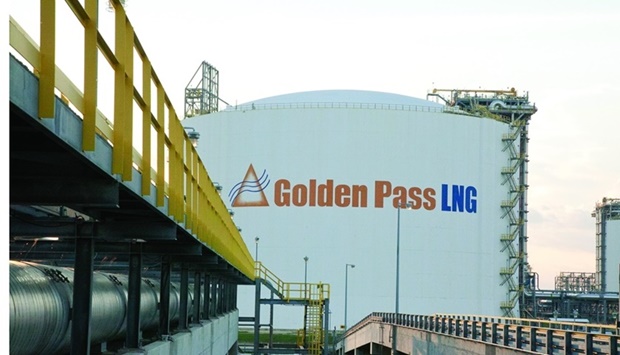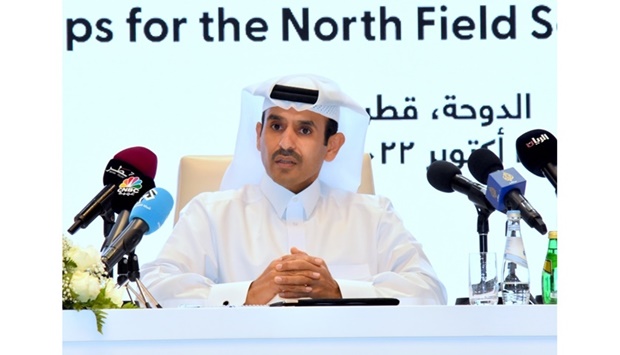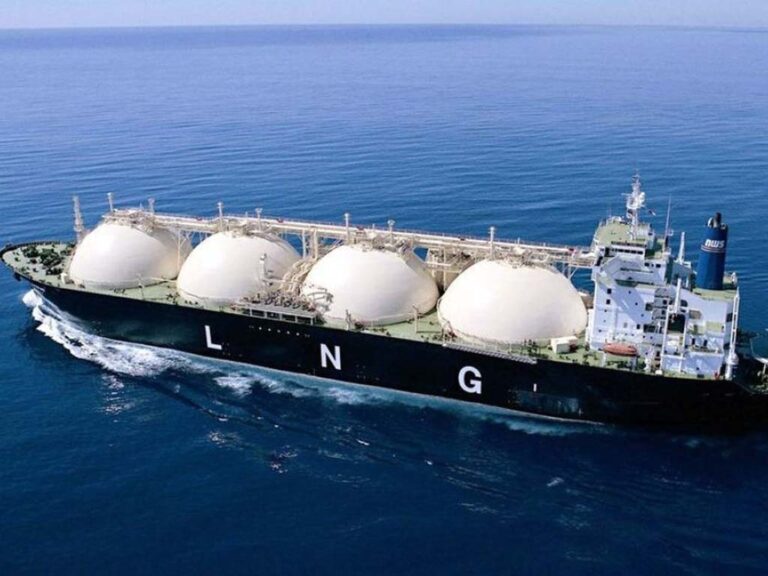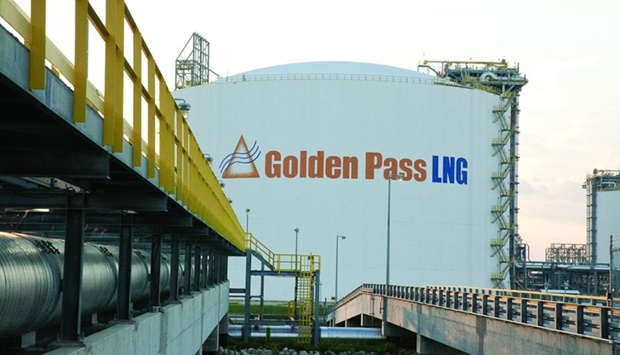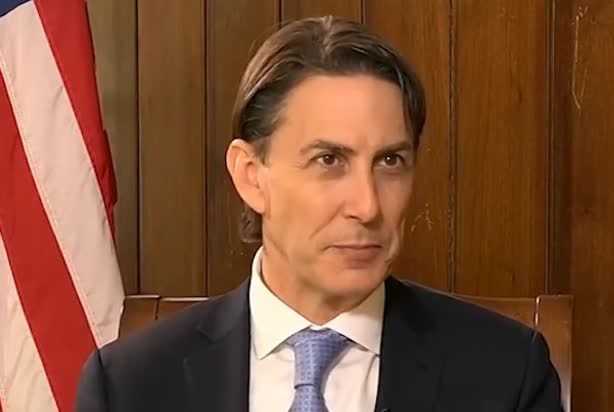QatarEnergy announces hydrocarbon discovery in Brazil’s Sepia field
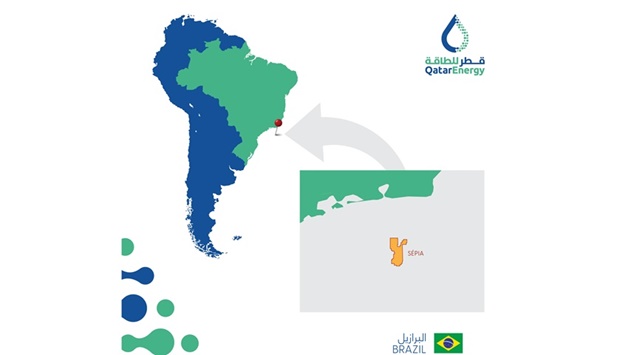
QNA/Doha
QatarEnergy Monday announced an oil discovery in the 4-BRSA-1386D-RJS well in Brazil’s world class Sepia oil field, which is located in the prolific Santos Basin in water depths of about 2,000 meters off the coast of Rio de Janeiro.
QatarEnergy acquired a working interest in the Sépia Co-Participated Area in December 2021 during the 2nd Transfer-of-Rights Surplus Bidding Round, which was organized and managed by Brazil’s National Agency for Petroleum, Natural Gas and Biofuels (ANP). The Area is operated by Petrobras (with a participating interest of about 52 percent) in partnership with TotalEnergies (19.2 percent), QatarEnergy (14.4 percent) and Petronas Petrleo Brasil Ltda (14.4 percent), with Pre Sal Petroleo S.A. (PPSA) as manager. The Sepia shared reservoir is currently producing about 170,000 barrels of oil per day.
Commenting on this occasion, HE the Minister of State for Energy Affairs, the President and CEO of QatarEnergy, Saad bin Sherida Al Kaabi, said: “We are encouraged by this discovery, which comes as a result of strategic cooperation with reputable partners in our effort to unlock more global energy resources as part of our comprehensive growth strategy. On this occasion, I would like to congratulate our partners, and l look forward to more future achievements.”
The discovery is significant in that the well penetrated a net oil column, which is one of the thickest ever encountered in Brazil. Partners will continue operations to characterize the conditions of the discovered reservoirs and verify the extent of the discovery by conducting well tests. (QNA)
